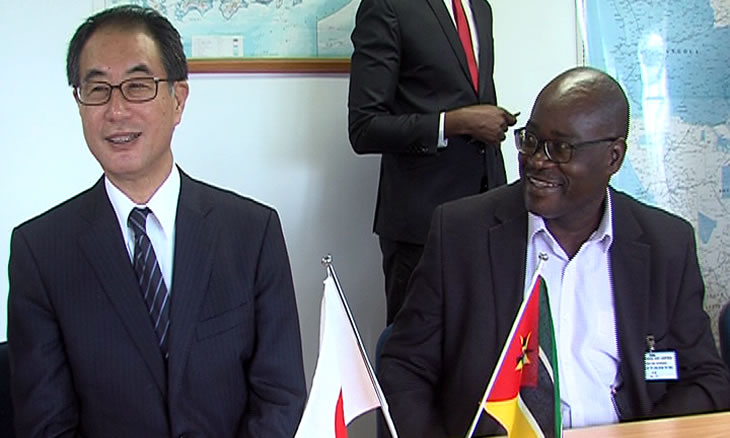Cabo Delgado court begins sale of assets of former cotton giant Plexus Mozambique
ProSavana to be redesigned to promote agriculture along Nacala corridor

Photo: O País
The partners in the ProSavana project are working on a new plan to develop agriculture along the Nacala Corridor in northern Mozambique.
The Programme of Triangular Cooperation for Developing Agriculture in the Tropical Savannahs of Mozambique (ProSavana) was conceived by a partnership of Mozambique, Brazil, and Japan with the aim of promoting modern agriculture using funds from Japan and Brazilian technology. It was launched in 2011 and aimed to develop agro-industry in 19 districts in the northern provinces of Nampula and Niassa, and the central province of Zambezia covering a total of 11 million hectares.
However, the entire scheme is highly controversial and has split civil society groups. Some rejected the scheme in its entirety, such as the Maputo based “No to ProSavana” group which in 2017 accused ProSavana of “irregularity, secrecy, illegitimacy and obscurantism” and “clearly violating human rights”. Others, such as the Civil Society Coordination Mechanism (MCSC) demanded to be meaningfully involved in the project’s design.
It seems as if ProSavana’s founding partners have decided to return to the drawing board so that the design can incorporate these voices from the beginning. According to the daily newspaper “O Pais”, on Thursday the Japanese ambassador, Toshio Ikeda, said that the project has been withdrawn and a new plan will be drawn up in agreement with local communities.
The ambassador was speaking after a signing ceremony for memoranda of understanding covering his country’s donation of 283,000 US dollars to four community projects. This will fund the rehabilitation of three primary schools in the districts of Cuamba in Niassa province, Vanduzi in Manica province, and Mecuburi in Nampula province, along with the rehabilitation and opening of fifteen wells in Josina Machel Island in Maputo province. The ambassador stressed that “our objective is to financially support the activities of non-profit organisations, public schools, and local government, who wish to promote the development of local communities for the benefit of the most deprived population through implementing community projects”.
These schemes add to the 113 community projects that Japan supports in Mozambique at a cost of 12.8 million dollars.












Leave a Reply
Be the First to Comment!
You must be logged in to post a comment.
You must be logged in to post a comment.